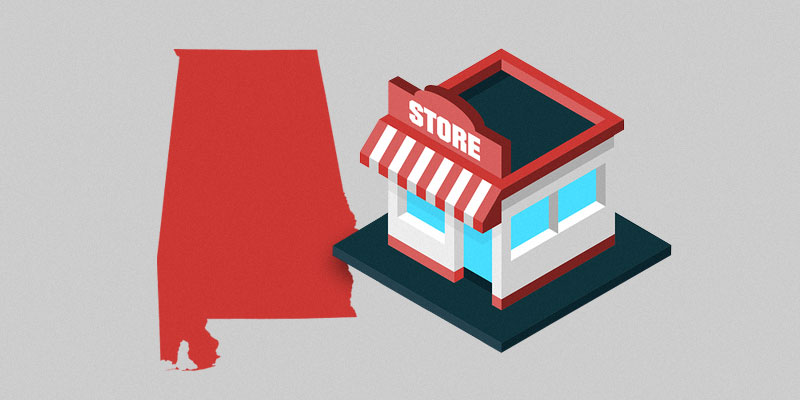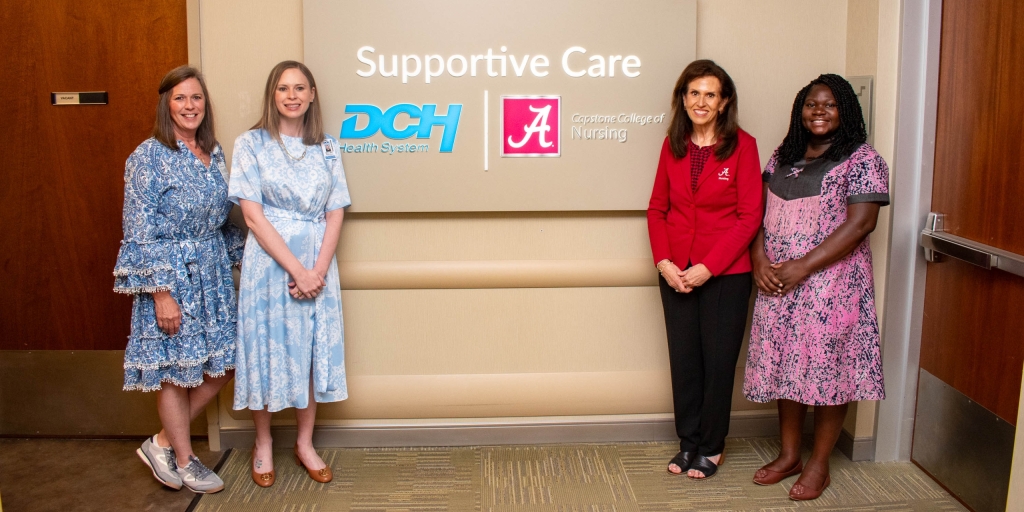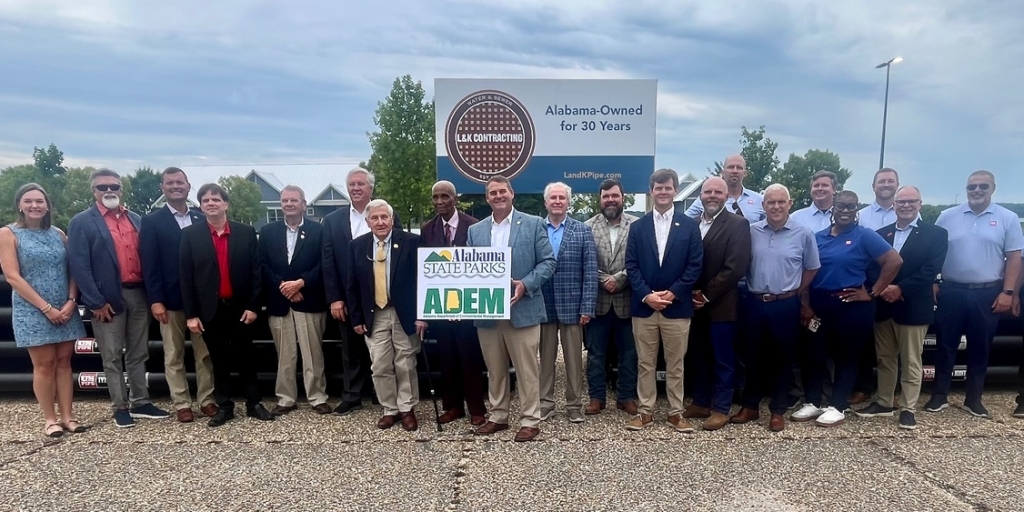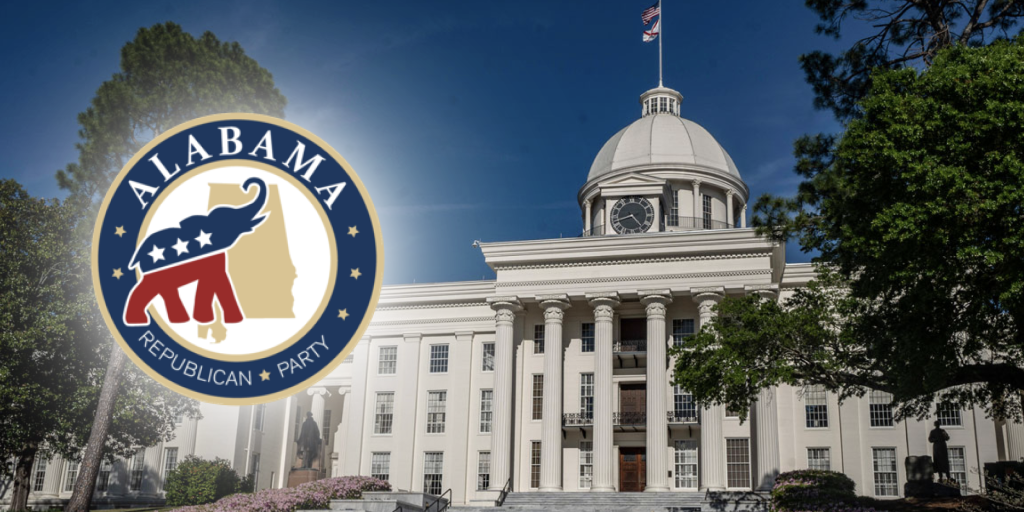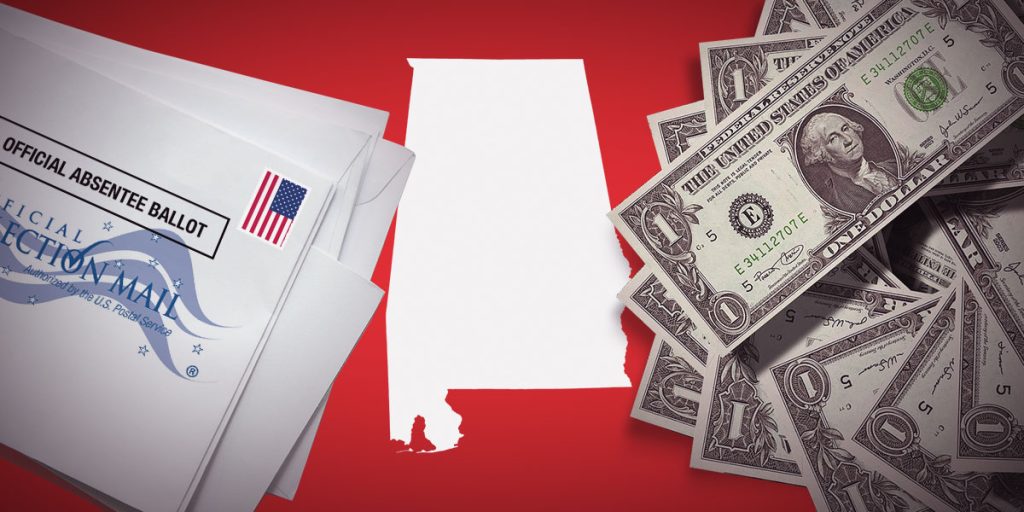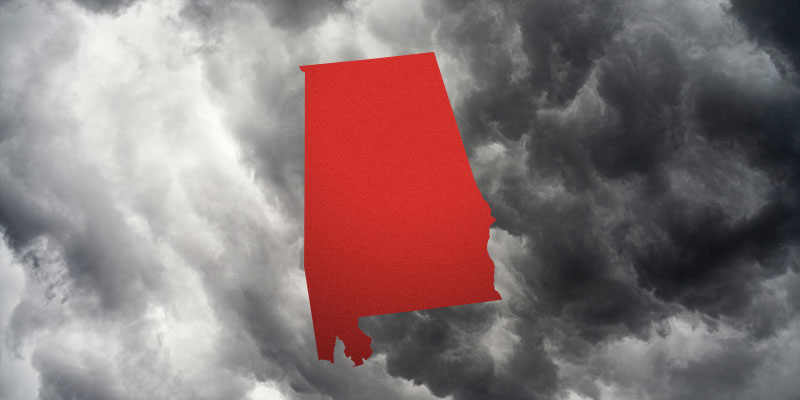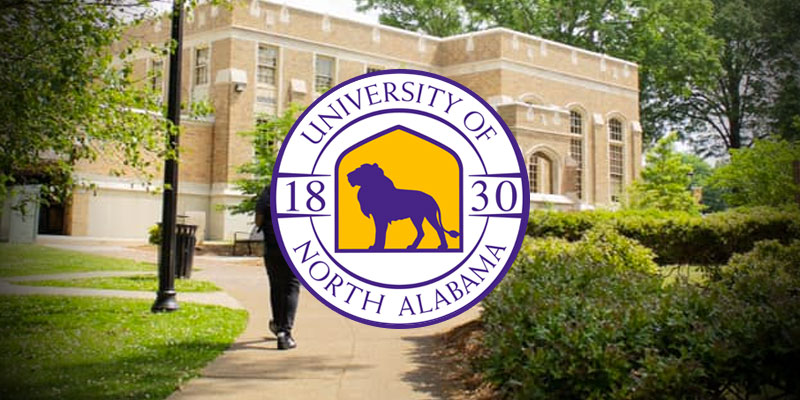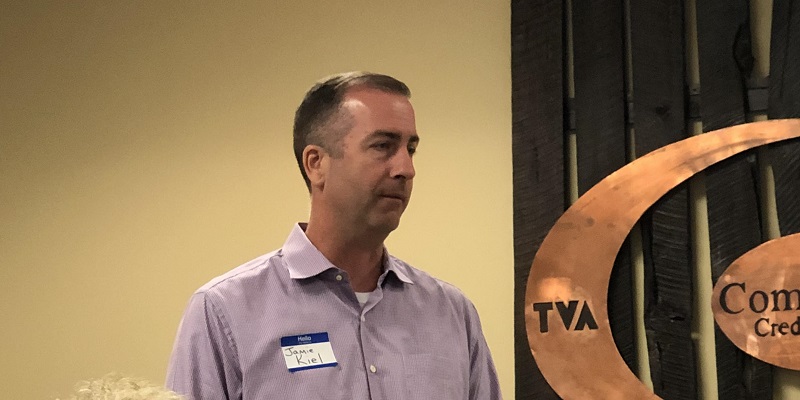National Federation of Independent Business (NFIB) Alabama state director Rosemary Elebash on Monday called on the Alabama House of Representatives to pass State Rep. Jamie Kiel’s (R-Russellville) bill that would effectively erase the distinction between “essential” and “non-essential” businesses during a pandemic or other declared emergency.
HB 103 as amended was given a favorable report by the House State Government Committee last week; the bill now awaits consideration on the House floor. If passed by the lower chamber, the legislation still needs to work its way through the Senate process before potentially reaching the governor’s desk.
The bill would enact the following:
During the existence of a state of emergency declared pursuant to Section 31-9-8, Code of Alabama 1975, a business entity or a church, mosque, synagogue, or other bona fide religious institution may continue or resume its business or religious operations if the business entity or religious institution complies with all of the safety precautions issued by the Governor, a state department or agency, or a county or municipal governing body or agency thereof under the authority of the Alabama Emergency Management Act of 1955, Article 1 of Chapter 9 of Title 31, Code of Alabama 1975, to prevent a threat to the public caused by a pandemic, epidemic, or bioterrorism event, or the appearance of a novel or previously controlled or eradicated infectious agent or biological toxin.
Kiel has previously explained of the bill, “What this bill simply does is it says if one business can be open under certain guidelines during emergencies or a pandemic, then all businesses and churches can be open under those same guidelines.”
NFIB is the nation’s largest small business advocacy organization.
“This is commonsense legislation that would help small businesses get through another economic crisis and keep people working,” Elebash said in a written statement. “Whether you’re a grocery store or a dress shop, you should be allowed to open as long as you follow the government’s guidelines for keeping customers and employees safe.”
She added, “It also would avoid situations where the government appears to pick winners and losers, for example, by allowing a discount store that happens to sell groceries to remain open but telling a clothing store that doesn’t that it has to close because it isn’t ‘essential.’”
Sean Ross is the editor of Yellowhammer News. You can follow him on Twitter @sean_yhn




